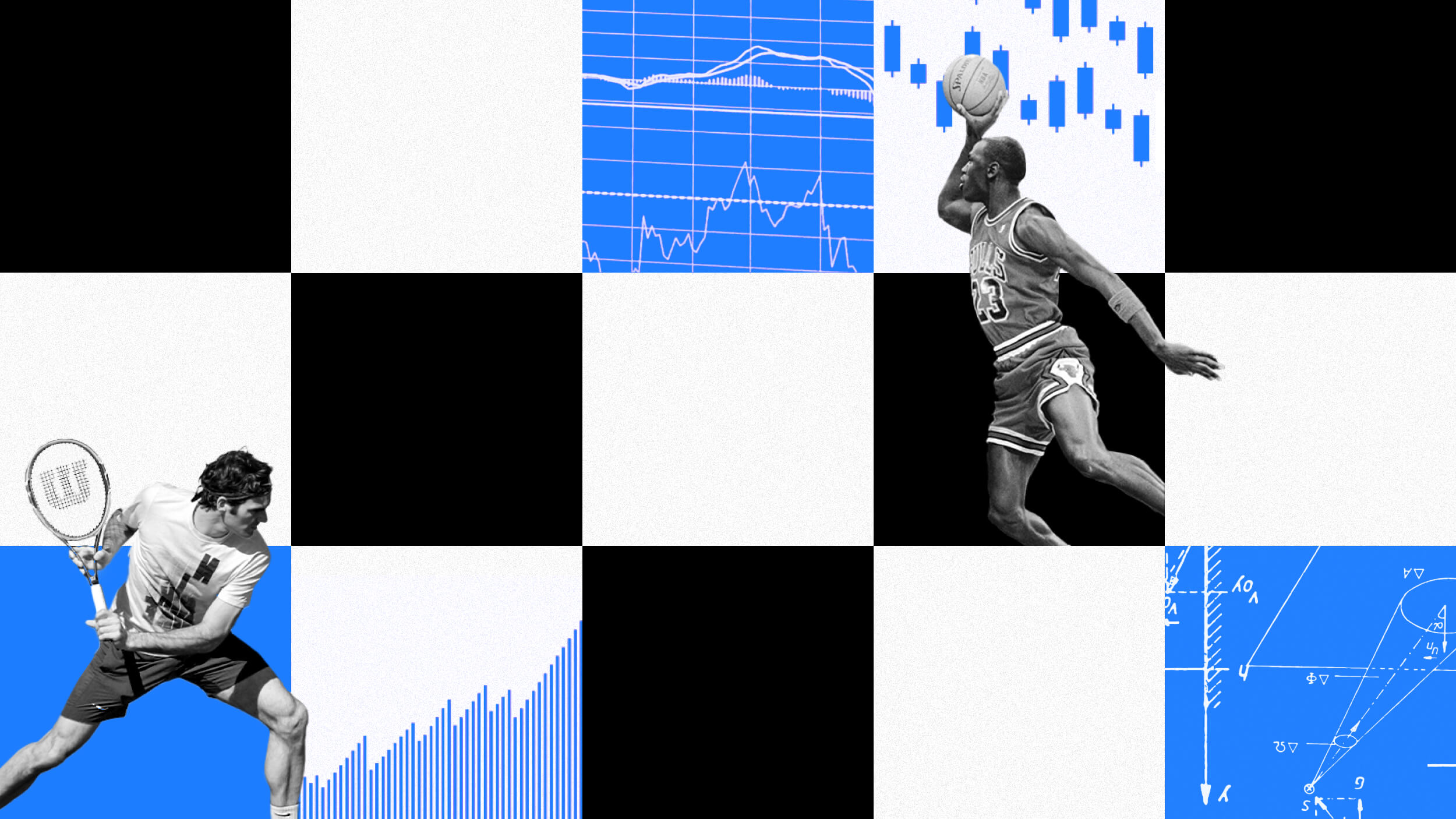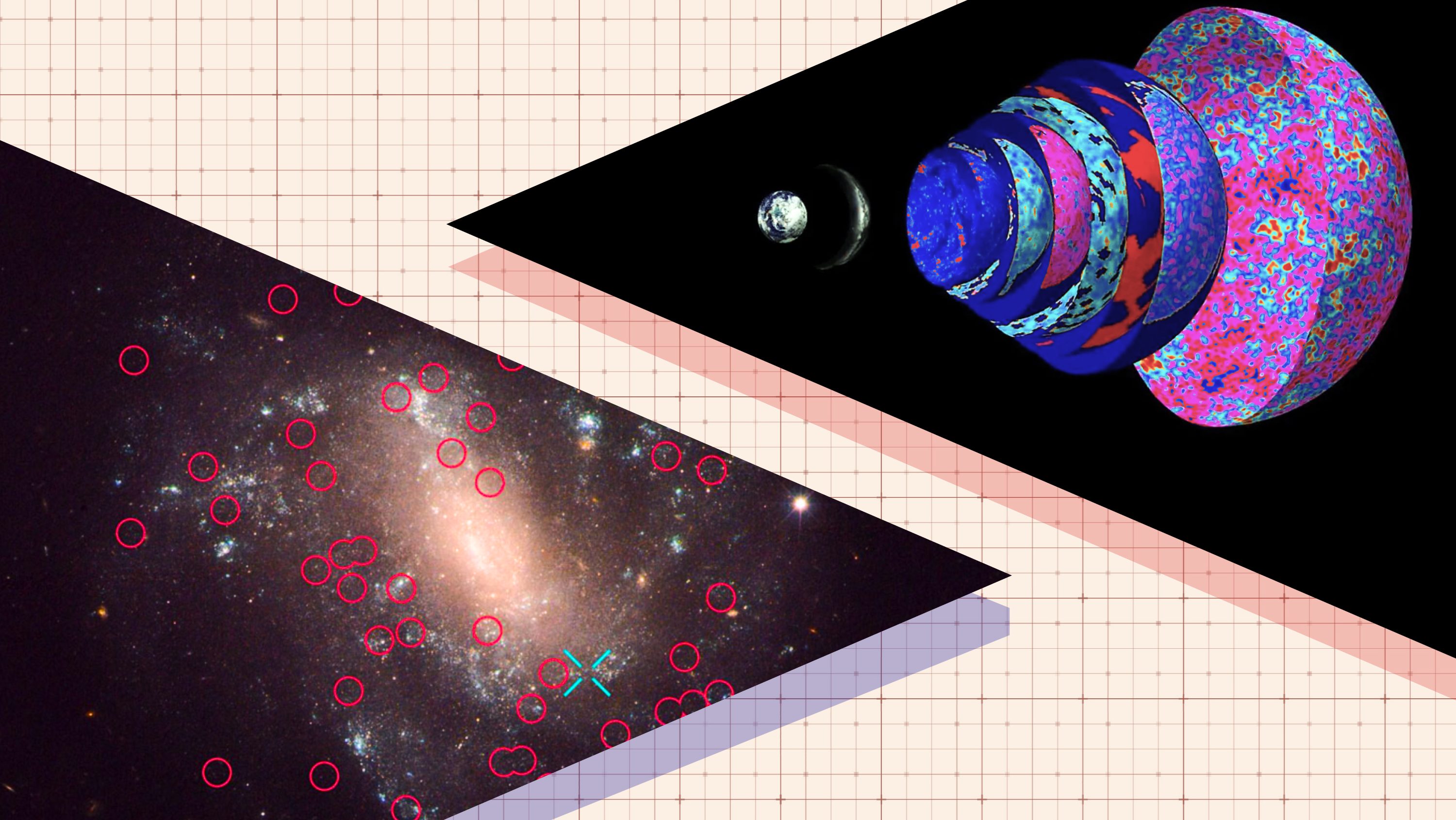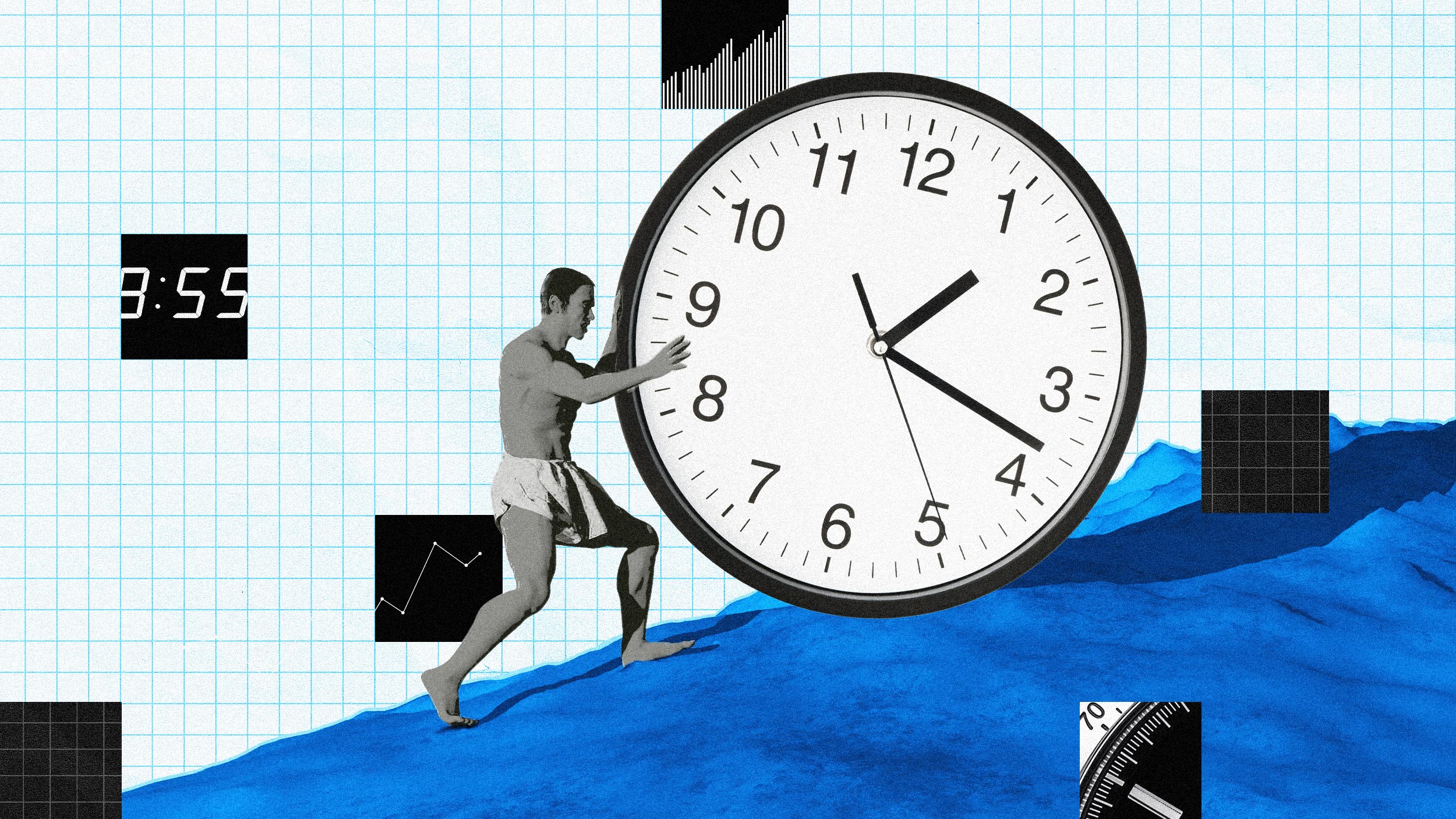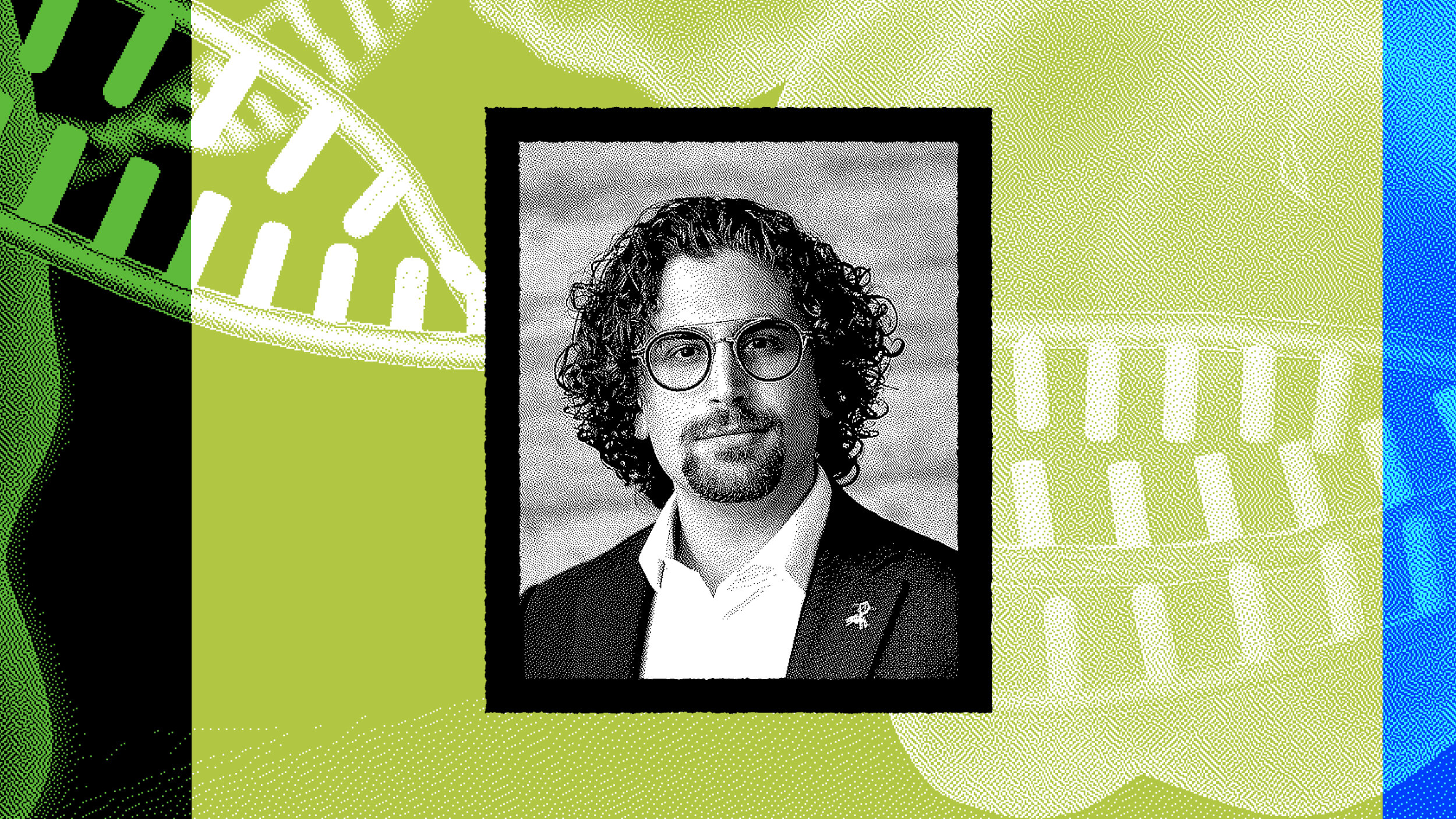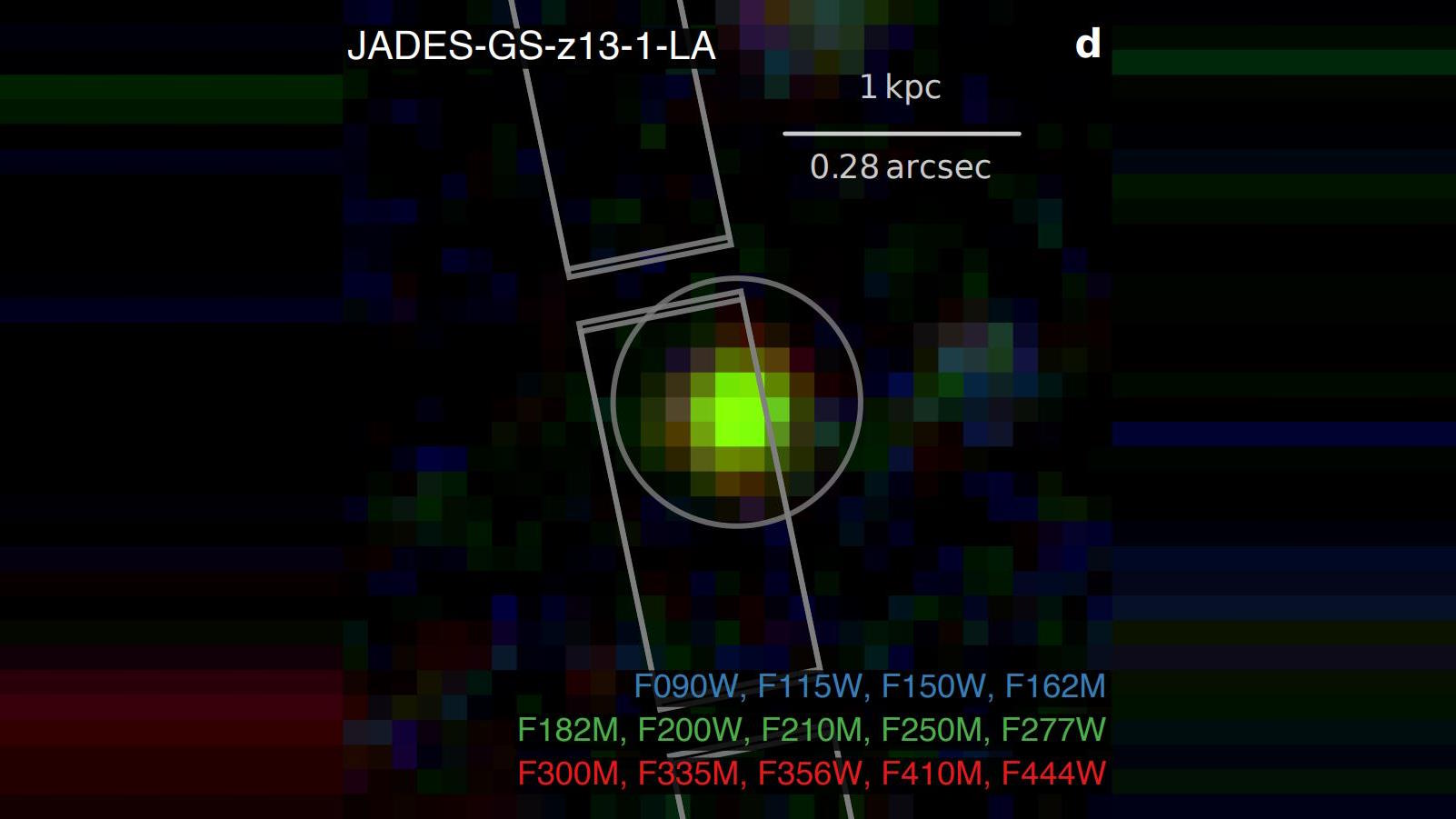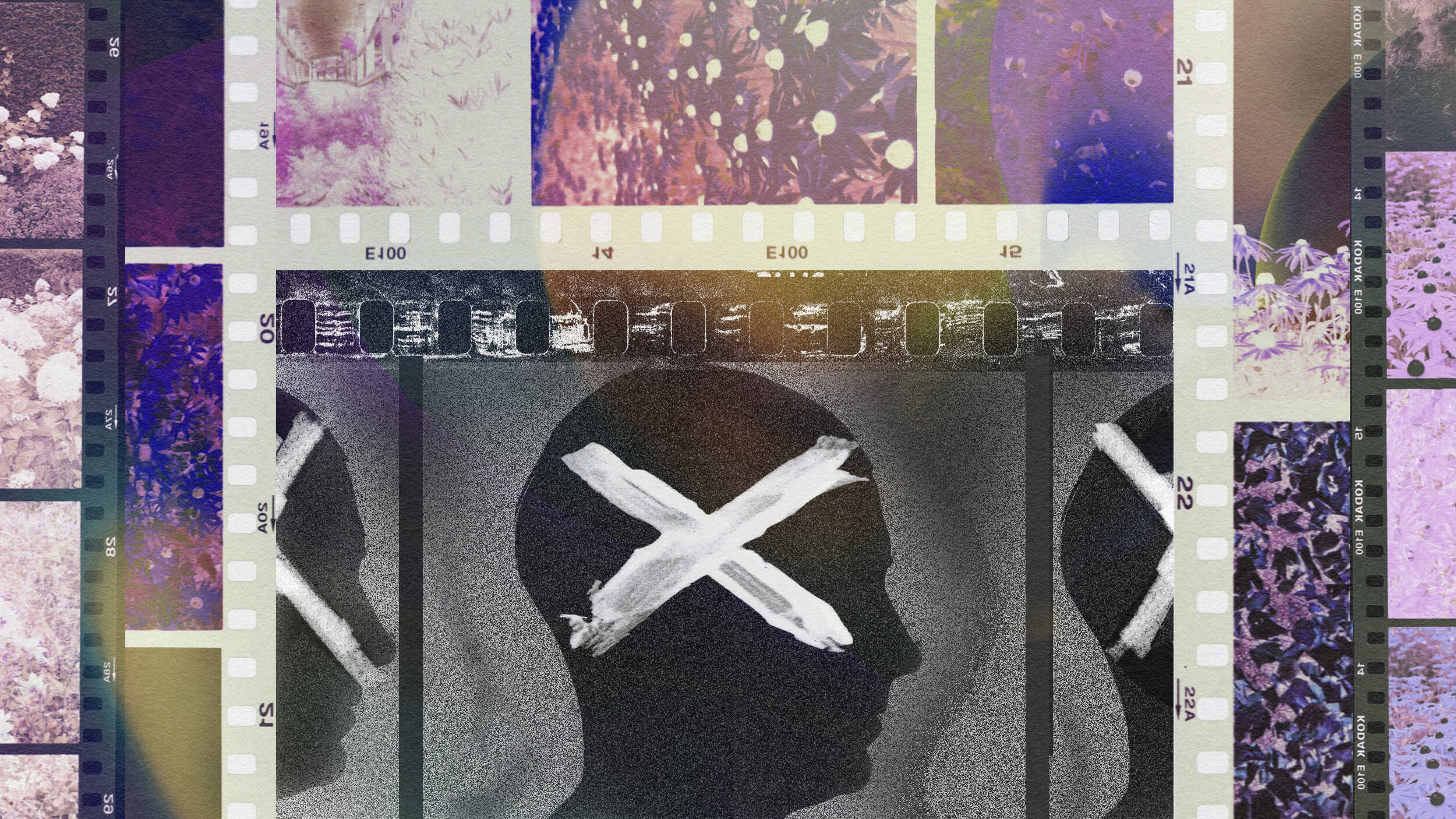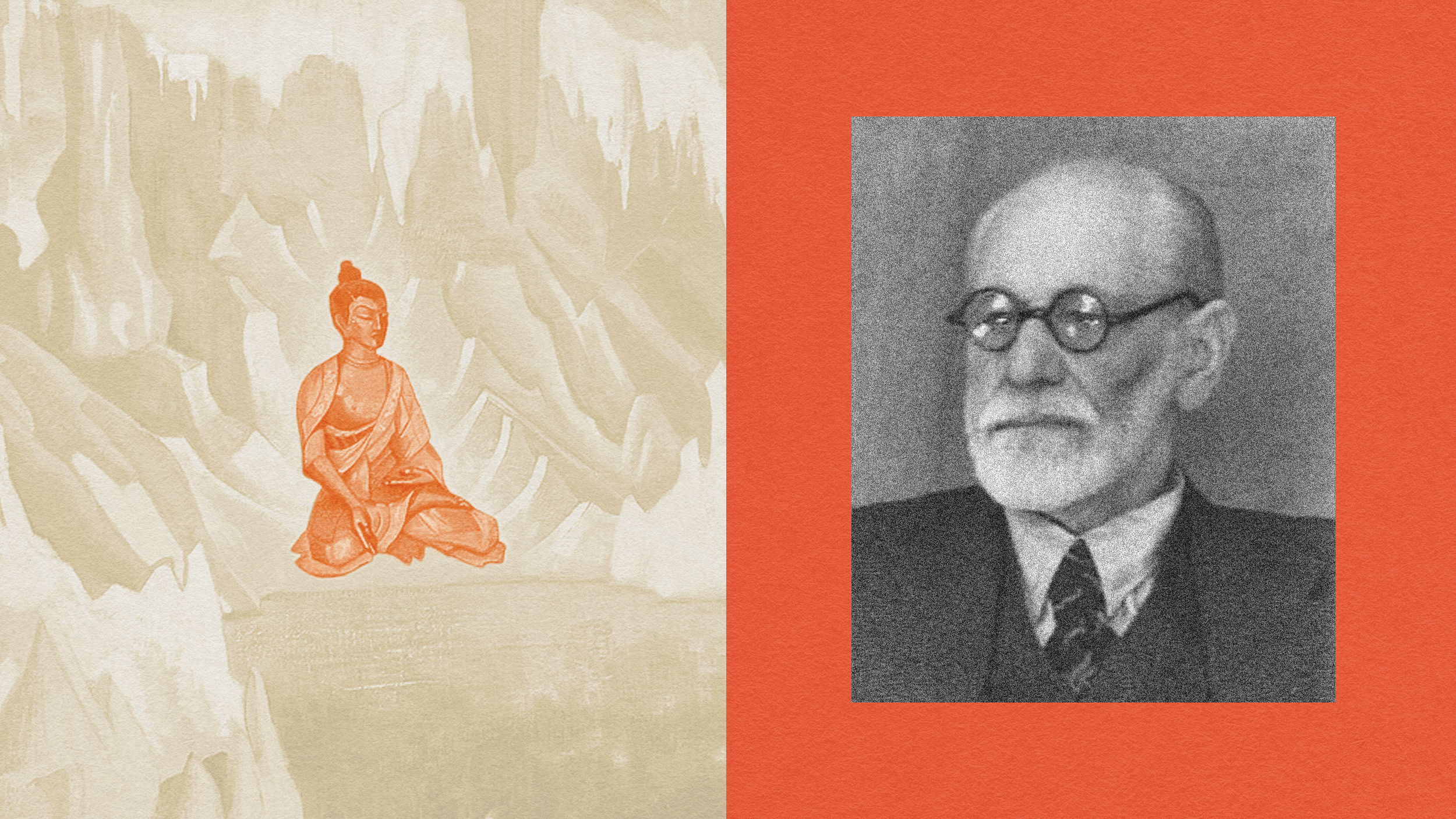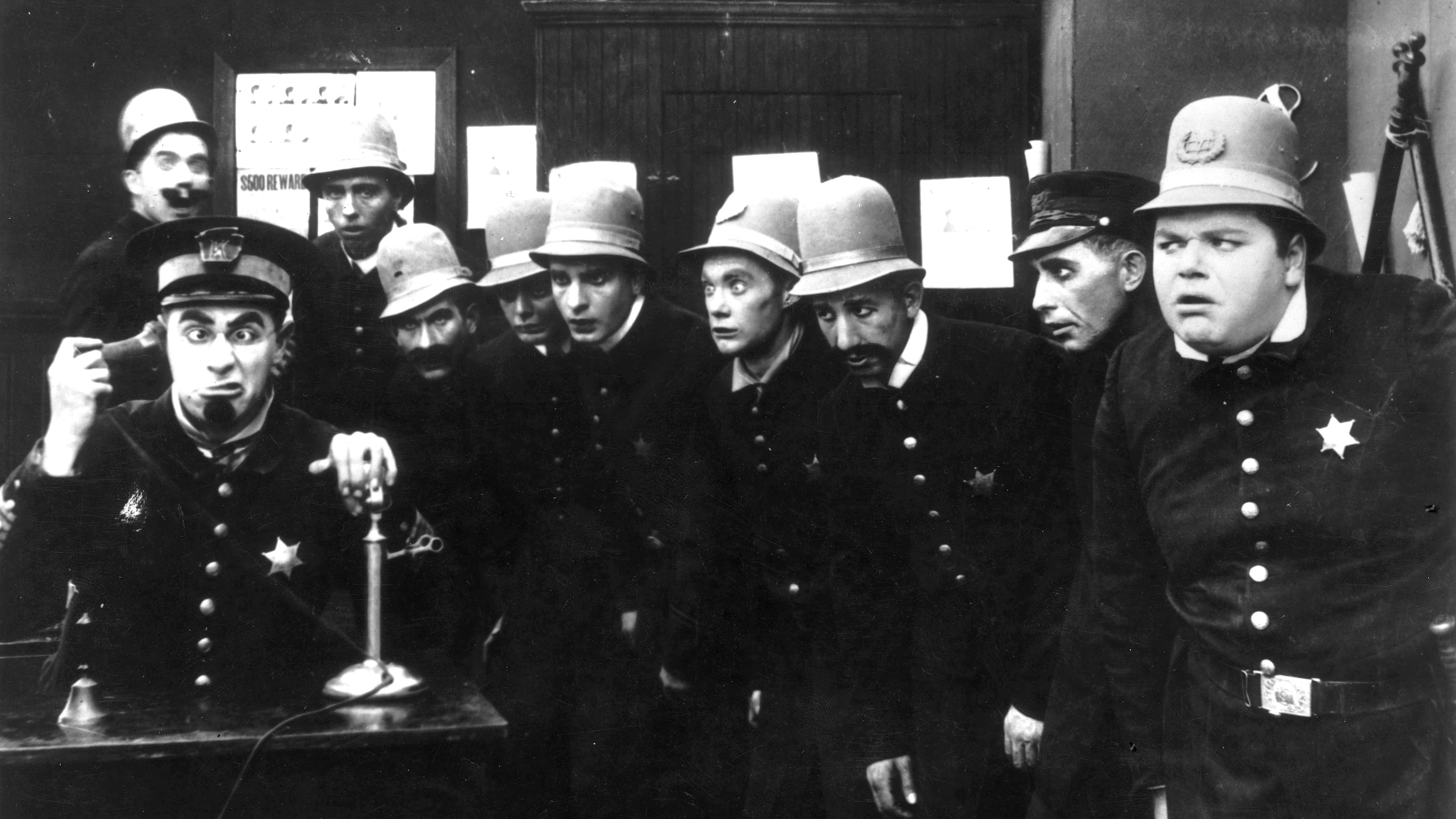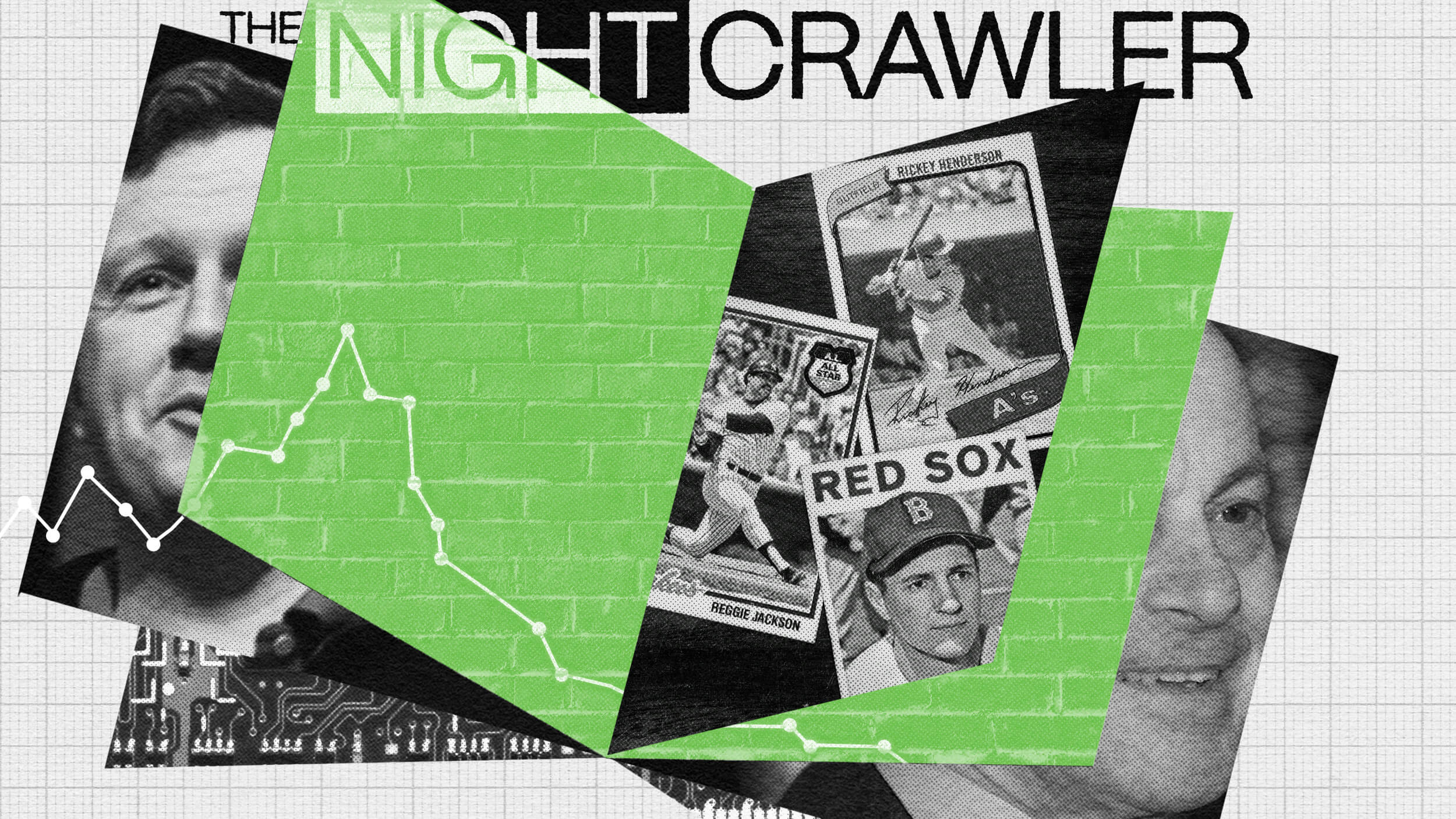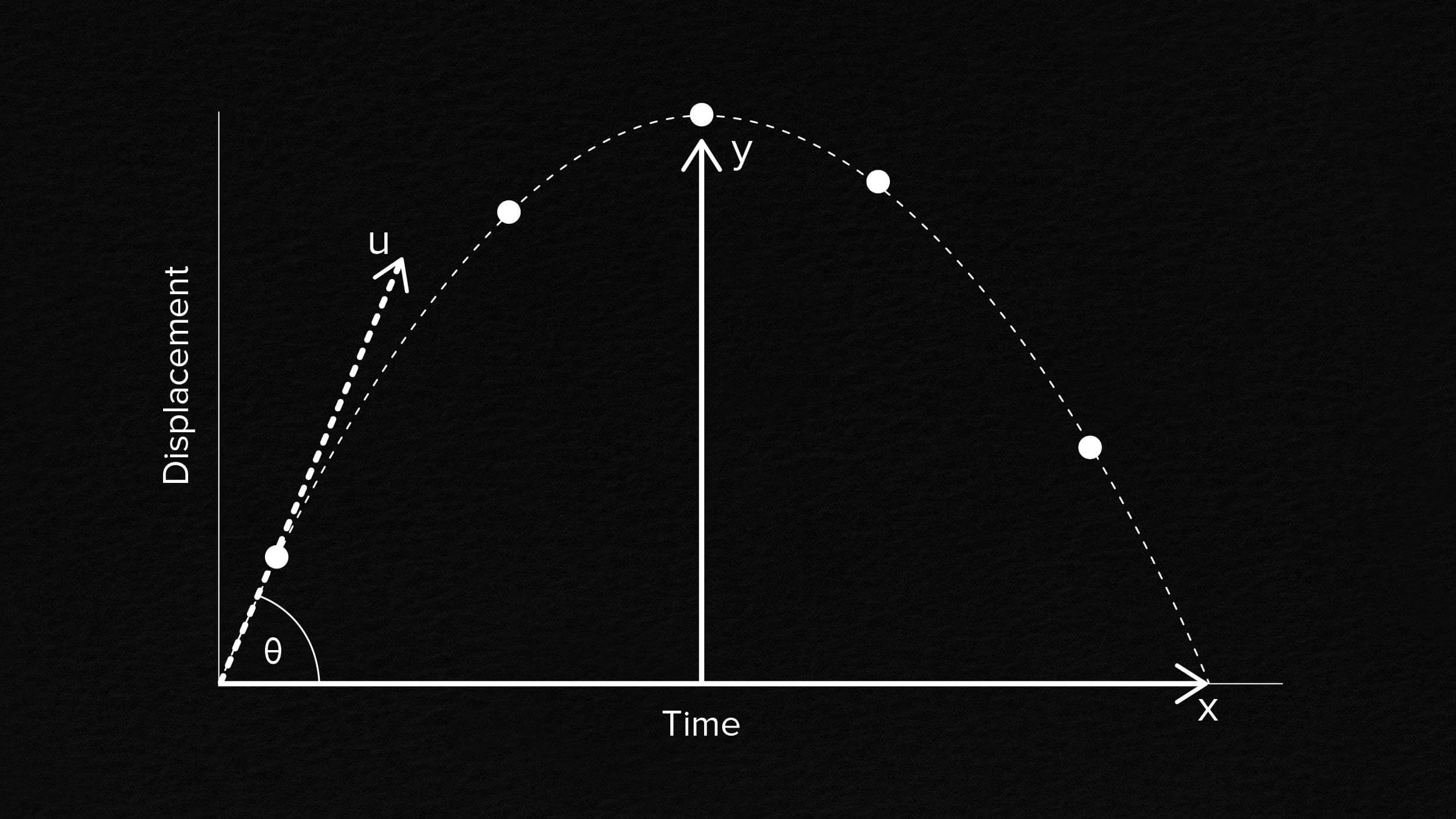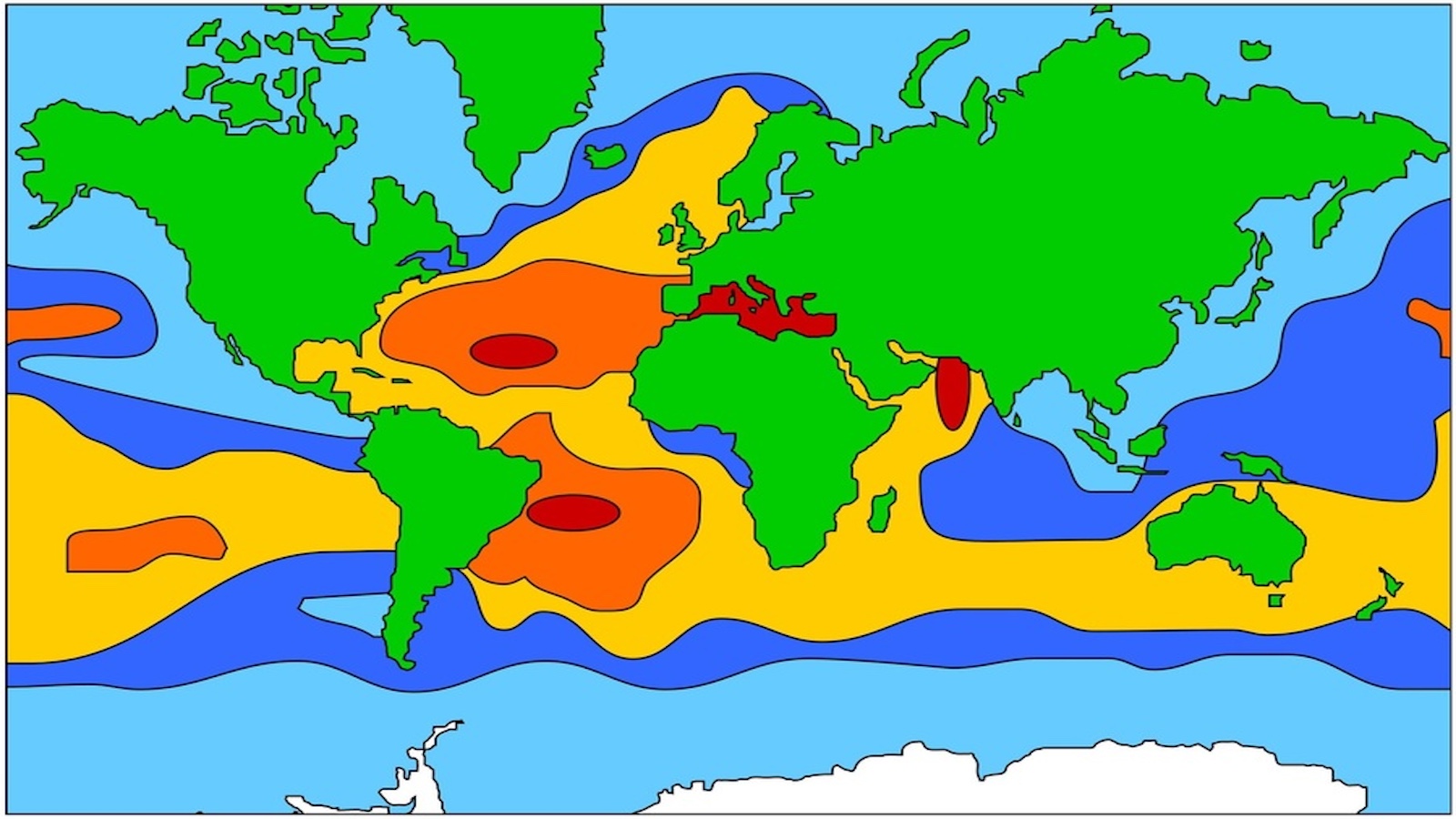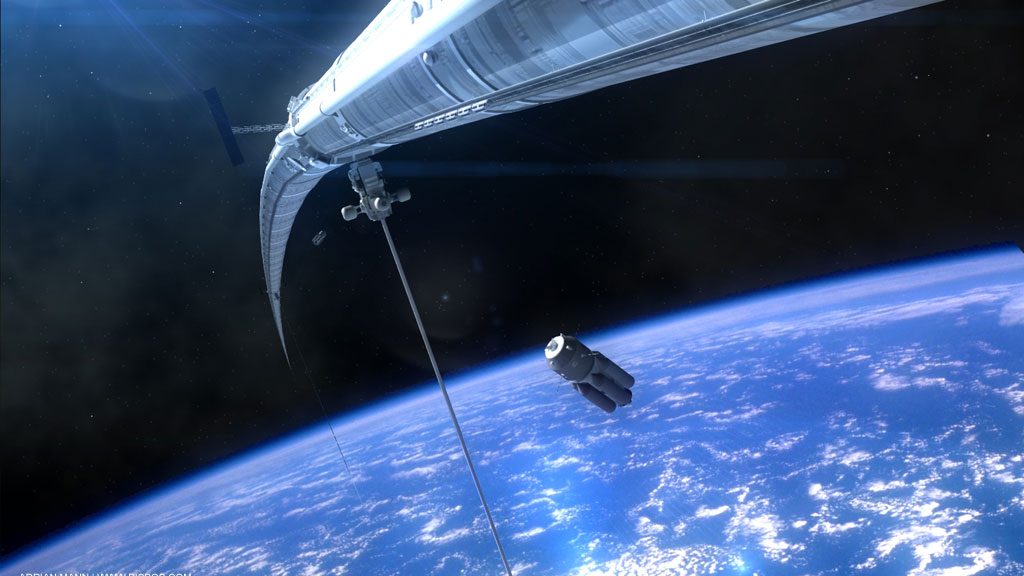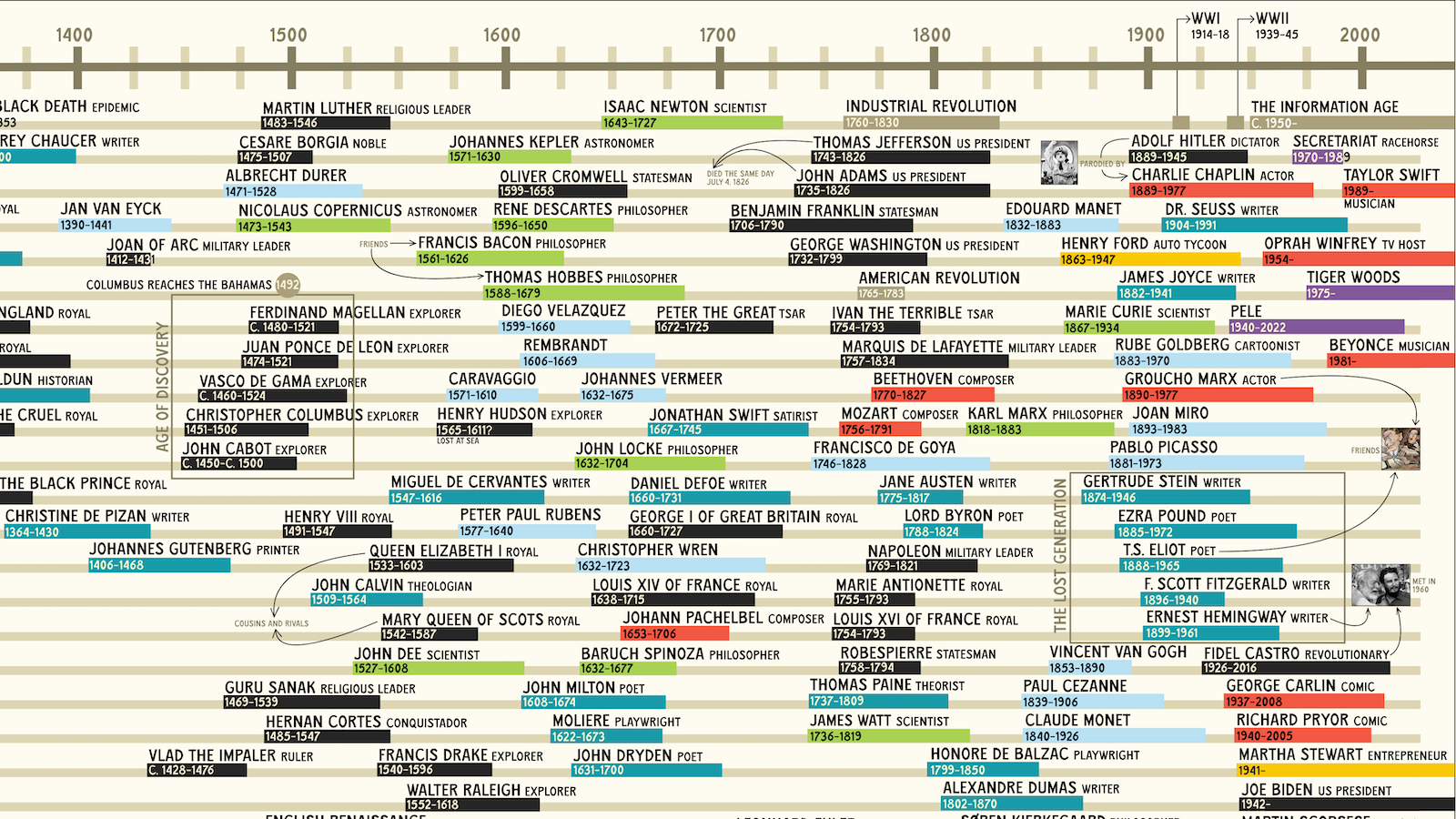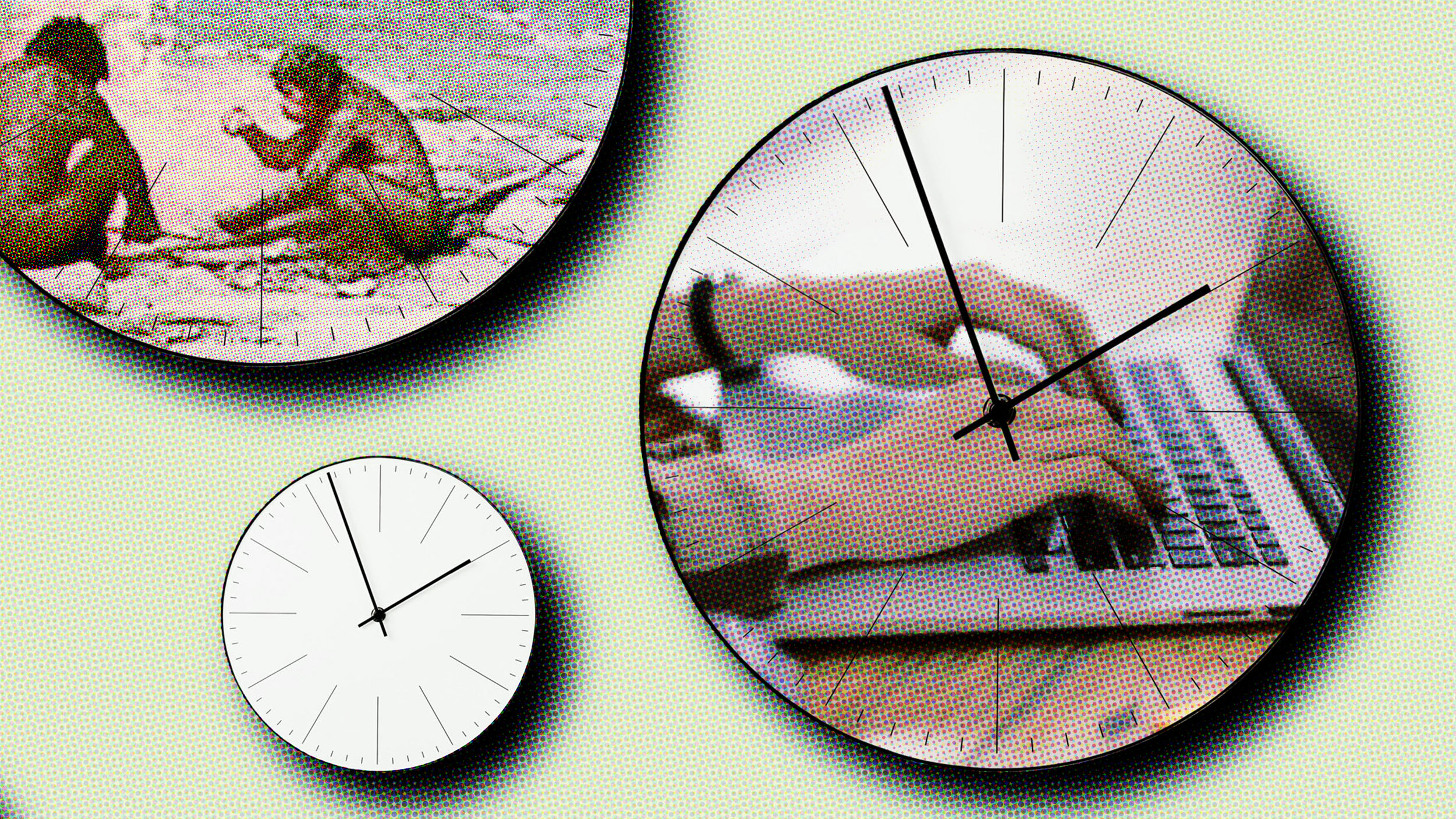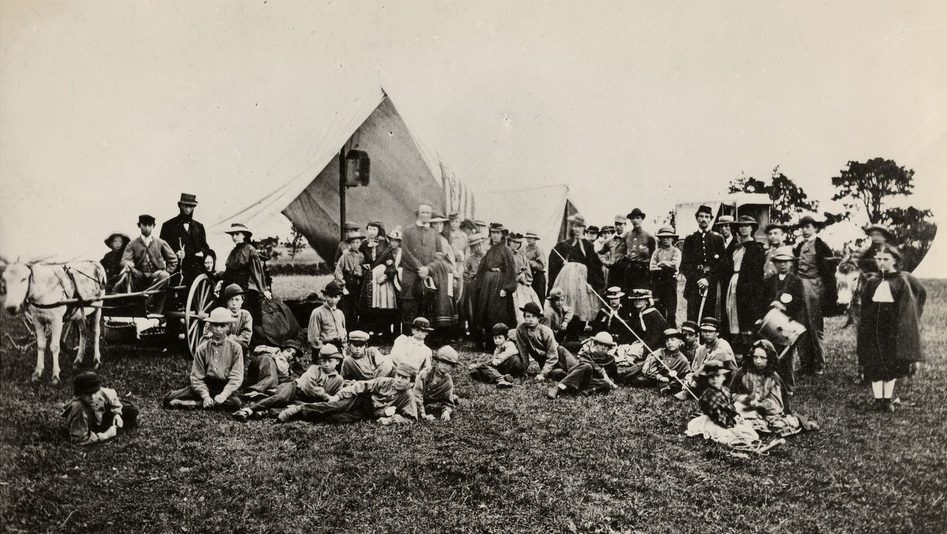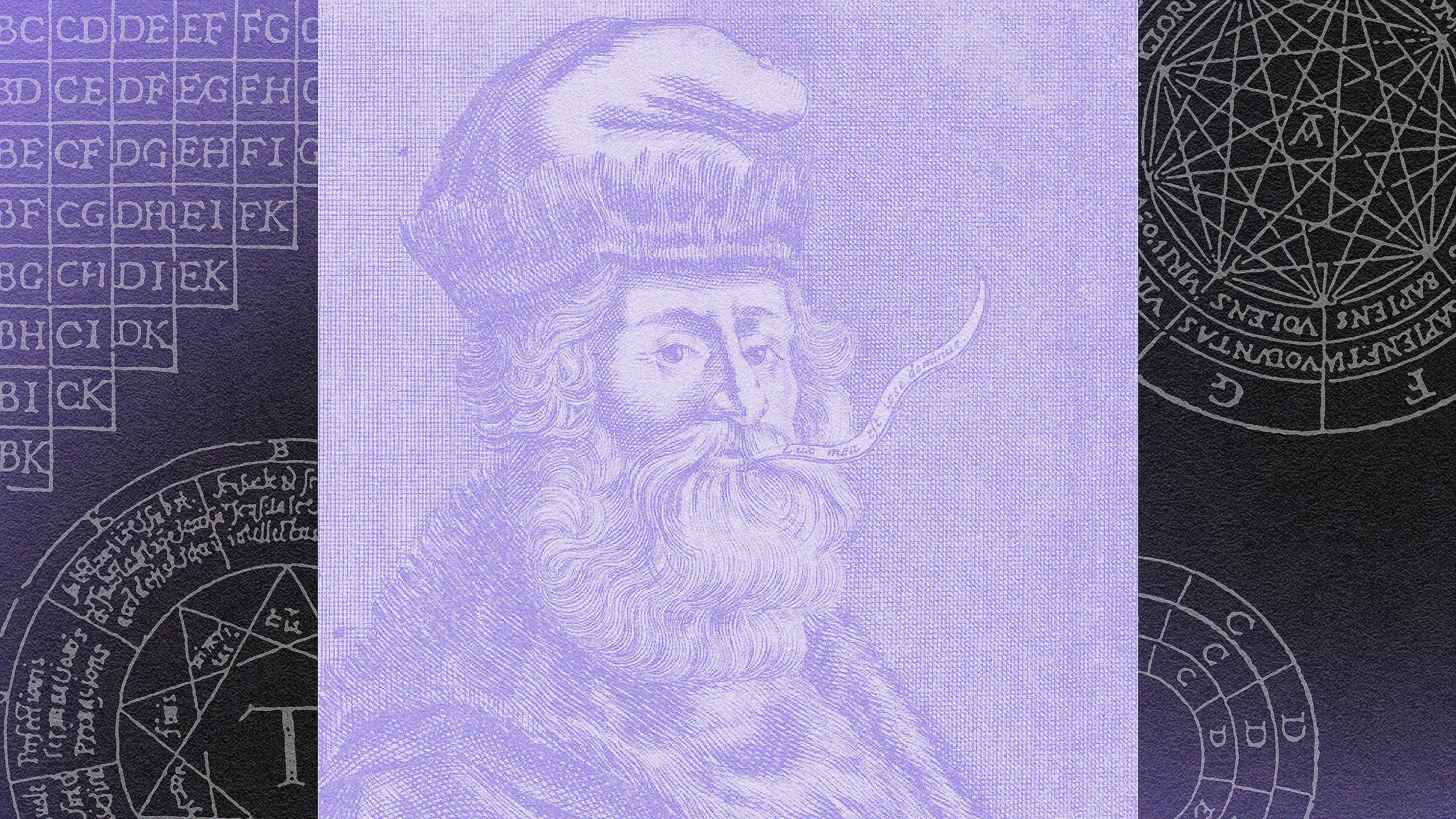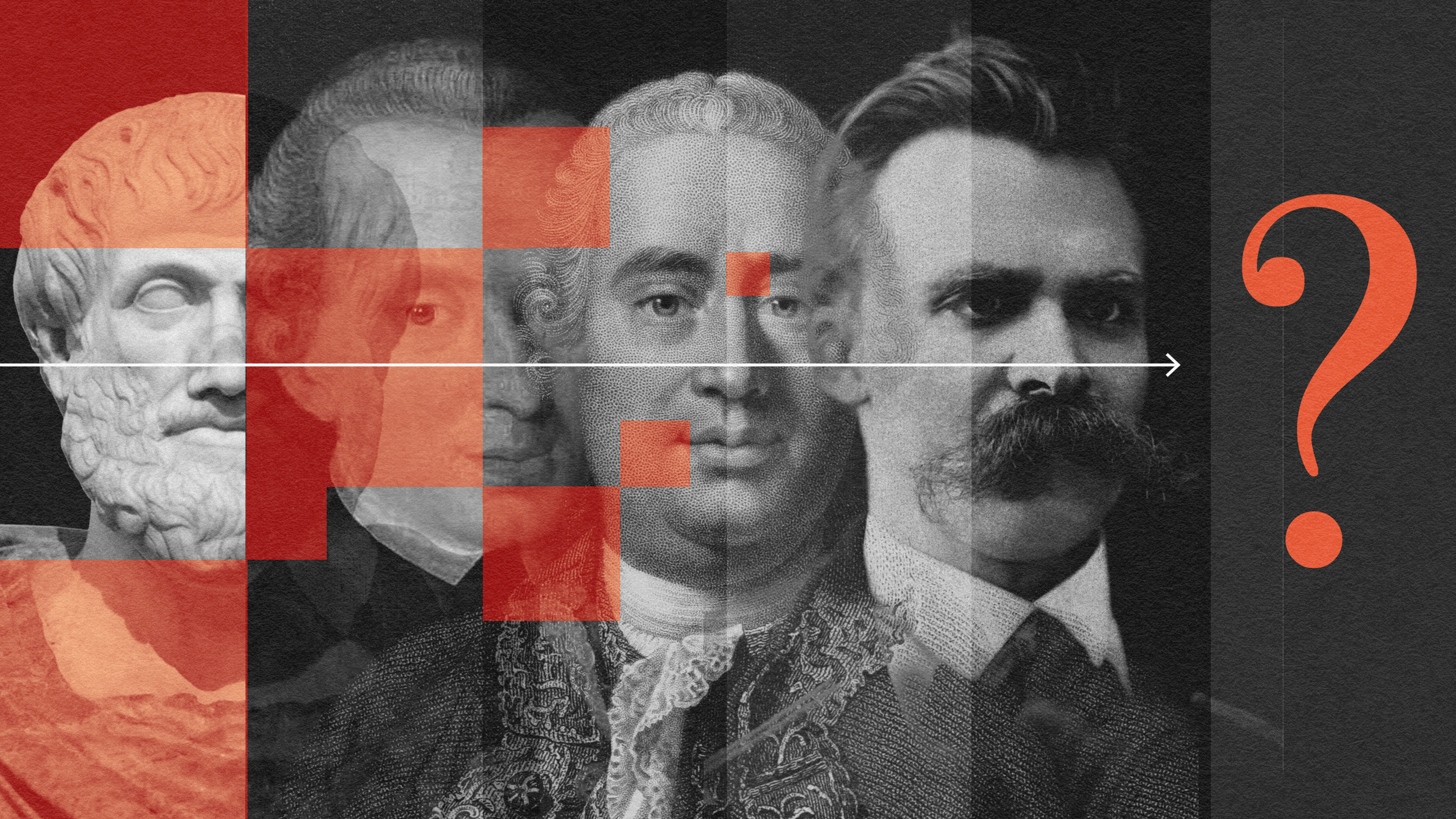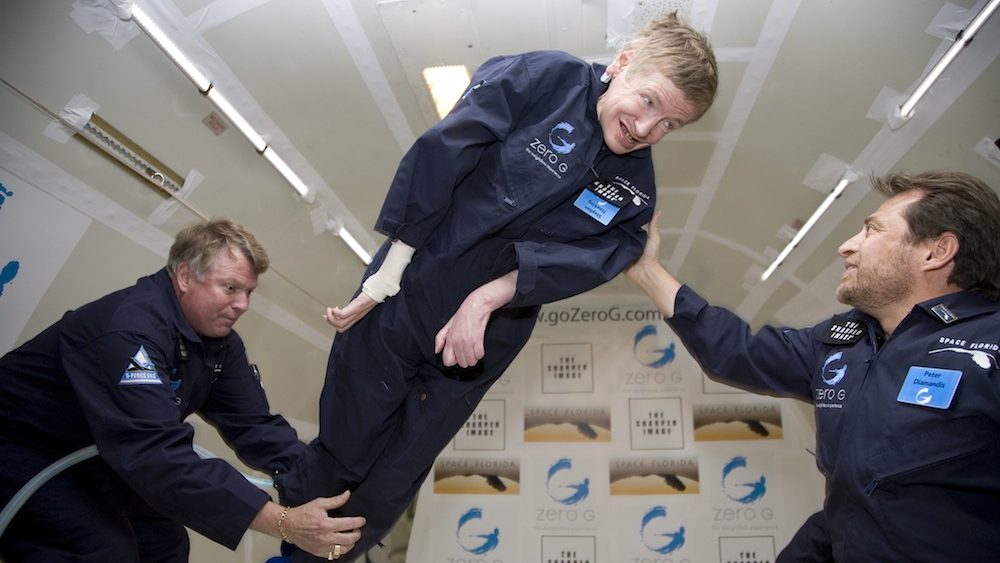How Daniel Kahneman and Amos Tversky cracked open behavioral economics and enlightened all our choices.
All Articles
In a world of distractions, several remarkable companies show why focus is the ultimate strategy for endurance.
In the expanding Universe, different ways of measuring its rate give incompatible answers. Nobel Laureate Adam Riess explains what it means.
Oliver Burkeman — author of “Four Thousand Weeks: Time Management for Mortals” — tells Big Think about modern life lessons from a 6th-century monk.
By unlearning old leadership mindsets, cultures, and assumptions we can move from Industrial Age thinking to Intelligence Age thinking.
Benjamin Oakes — CEO of buzz-worthy biotech company Scribe Therapeutics — joins Big Think for a chat about innovation, human endeavor, and more.
The Lyman-α emission line has never been seen earlier than 550 million years after the Big Bang. So why does JADES-GS-z13-1-LA have one?
When AI eats its own product, it gets sick.
Galactic activity doesn’t just arrive when supermassive black holes feast on matter. Before, during, and after all create fascinating signs.
“No matter how long you’ve been doing a job or how good people say you are, you need to care as if you’ve never done it before.”
Desire is like a drug. But is an addict always an addict?
Why would someone who has spent their entire career following orders become a great leader overnight?
Although a great many unidentified sights have been seen in the skies, none have conclusively demonstrated the presence of aliens. So far.
Finding life beyond our Solar System requires understanding its host planet.
Welcome to The Nightcrawler — a weekly newsletter from Eric Markowitz covering tech, innovation, and long-term thinking.
Taught in every introductory physics class for centuries, the parabola is only an imperfect approximation for the true path of a projectile.
The salinity of the oceans is not just a matter of taste. Saltier water behaves differently, too.
Inflation, dark matter, and string theory are all proposed extensions to the prior consensus picture. But what does the evidence say?
There’s value to be found in the arguments that make you uncomfortable — especially in a culture that has trained us to avoid them.
The observation that everything we know is made out of matter and not antimatter is one of nature’s greatest puzzles. Will we ever solve it?
“The Big Map of Who Lived When” plots the lifespans of historical figures — from Eminem all the way back to Genghis Khan.
These practical strategies can help you conquer burnout and achieve a state of calm and focused productivity.
The annual rite of passage has always been more about the ambivalence of adults than the amusement of children.
With the right prompts, large language models can produce quality writing — and make us question the limits of human creativity.
In a major shift, psychologists now view an out-of-control compulsion to work as an addiction with its own set of risk factors and consequences.
Just eight of Etched’s Sohu chips could replace 160 Nvidia GPUs.
Why human attempts to mechanize logic keep breaking down.
Philosophy cures no disease and invents nothing new. What’s even the point?
The mass that gravitates and the mass that resists motion are, somehow, the same mass. But even Einstein didn’t know why this is so.
Thinking of a number between one and ten? Here’s how predictable human responses create the illusion of telepathy.
